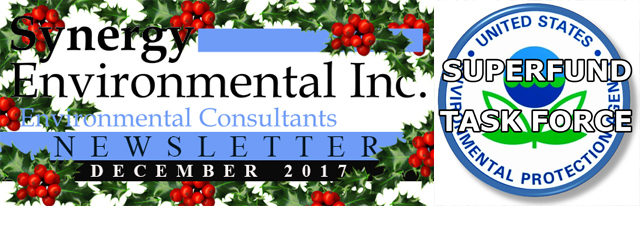Winston & Strawn LLP
John Fehrenbach
December 13, 2017
On May 22, 2017, three months into his new role as head of the Environmental Protection Agency (EPA), Administrator Scott Pruitt established a “Superfund Task Force” (Task Force) to evaluate the Superfund program and provide recommendations on how the Agency can improve the program.
The Superfund program was established pursuant to the Comprehensive Environmental Response, Compensation, and Liability Act (CERCLA) with the goal of reducing risk to human health and the environment posed by sites contaminated with hazardous substances. CERCLA requires that the National Oil and Hazardous Substances Pollution Contingency Plan (NCP) identifies the sites posing the greatest risk within the United States. As of June 21, 2017, there are over 1,300 sites on the National Priorities List (NPL), a fact which Pruitt was “astounded to learn.” “Many of these sites have been listed as Superfund sites for decades, some for as many as 30 years,” Pruitt noted. “We can—and should—do better.” Pruitt directed the Task Force to come up with a plan to make the program more efficient and effective.




